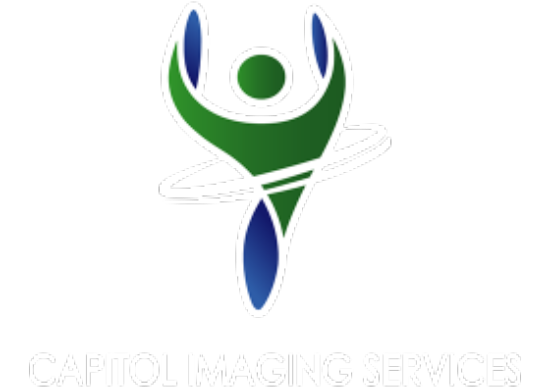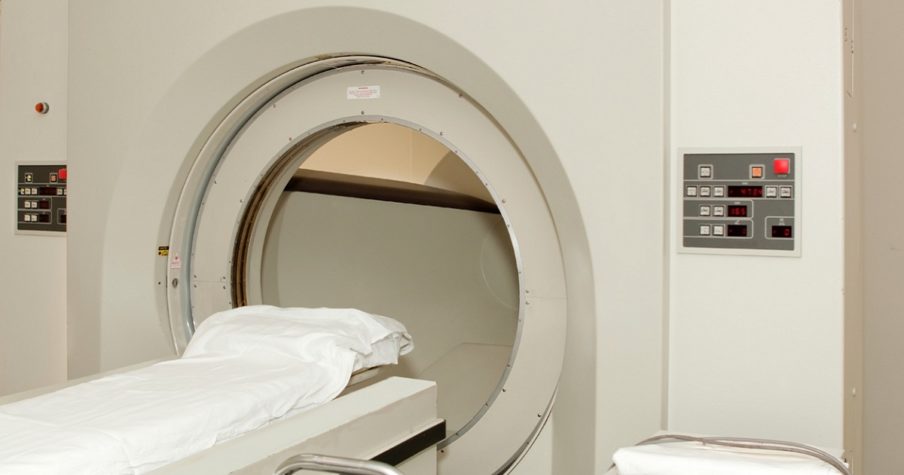For a number of years, the media did extensive coverage from time to time on radiation exposure from medical imaging procedures. When our patients come in, that was often a topic that we get asked about. Patients want to know how much radiation they’ll be exposed to during their procedure, and how that might affect them in regards to their health.
In the vast majority of cases, Computed Tomography (CT) can offer benefits that far outweigh any risk. When done properly, CT can be a scan done safely and effectively. Many other types of activities, such as using a tanning bed, sunbathing or exposure to toxic chemicals are far, far higher risks for causing damage to the human anatomy that could result in the formation of cancer.
But, because this is a concern for many patients, we thought it would be a great idea to delve a little deeper into the topic. Experts agree that for small imaging procedures such as x-rays or mammography, the risk of radiation exposure is very minimal. With higher radiation-dose tests like CT and nuclear imaging, though, there’s a bit more concern.
In a medical and imaging-related article, there is an explanation as to how higher doses of radiation can potentially lead to cancer:
The radiation you get from x-ray, CT, and nuclear imaging is ionizing radiation — high-energy wavelengths or particles that penetrate tissue to reveal the body’s internal organs and structures. Ionizing radiation can damage DNA, and although your cells repair most of the damage, they sometimes do the job imperfectly, leaving small areas of “misrepair.” The result is DNA mutations that may contribute to cancer years down the road.
It’s been noted that children who are exposed to high-dose radiation for cancer treatment are more likely to develop additional cancers as they age, but there’s little evidence to prove that healthy adults who have medical imaging procedures are particularly affected.
Capitol Imaging Services recommends that people keep track of any medical imaging procedures they’ve had over the years so that their doctor can get an idea of how much radiation they’ve already been exposed to and keep that in mind when they’re proposing treatment options for injuries. Physicians have become more savvy in understanding there are other non-radiating tests that can be ordered first before recommending a CT scan.
 This topic is one of the main reasons Capitol Imaging Services invested in our state-of-the-art ultra low dose CT systems. To our knowledge, we are the only imaging provider in our area that offers ultra low dose scanning. Combined with our protocols for minimal dose usage in all CT scans in all of our facilities, we are a leader in the goal of ultimate safety for all — adults and children — in the area of medical imaging.
This topic is one of the main reasons Capitol Imaging Services invested in our state-of-the-art ultra low dose CT systems. To our knowledge, we are the only imaging provider in our area that offers ultra low dose scanning. Combined with our protocols for minimal dose usage in all CT scans in all of our facilities, we are a leader in the goal of ultimate safety for all — adults and children — in the area of medical imaging.
Although the idea of being exposed to radiation can be a scary one, it’s not one that most patients have any reason to fear. If you’re concerned about the subject, sit down with your doctor or our staff and let us know how you’re feeling. We’ll do everything we can to speak honestly and openly about the risks, effects, and science behind each procedure.
Click here to learn more about computed tomography and then click the REQUEST AN APPOINTMENT button (above right) to send us an email requesting assistance. A Capitol Imaging Services associate will contact you to arrange your visit.
Capitol Imaging Services is doctor trusted and patient preferred.



